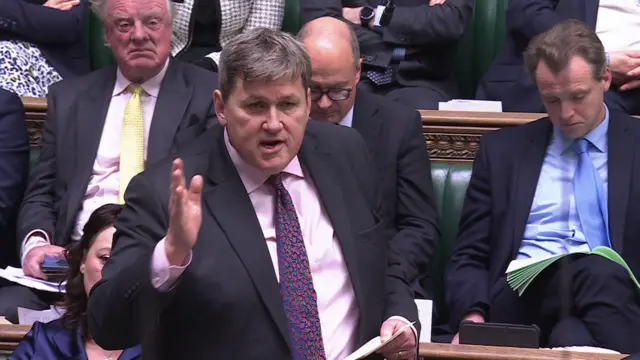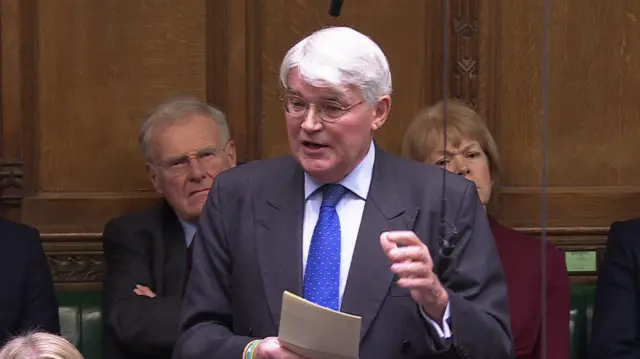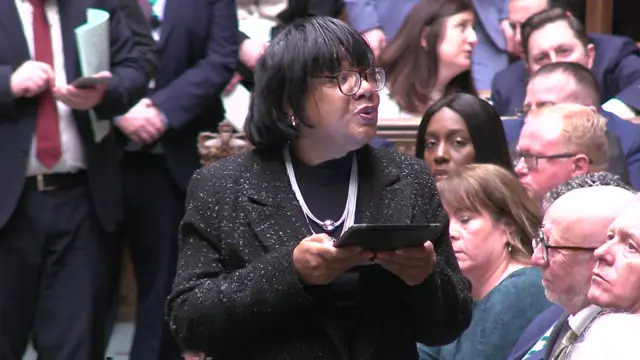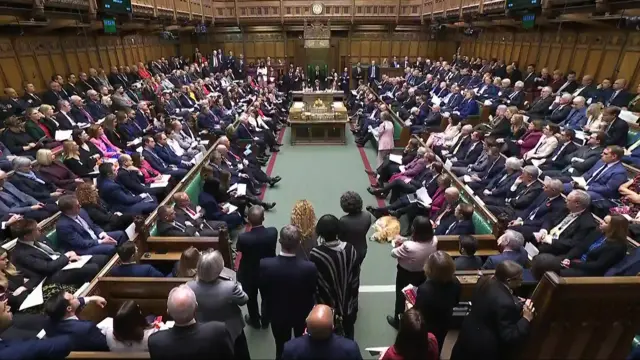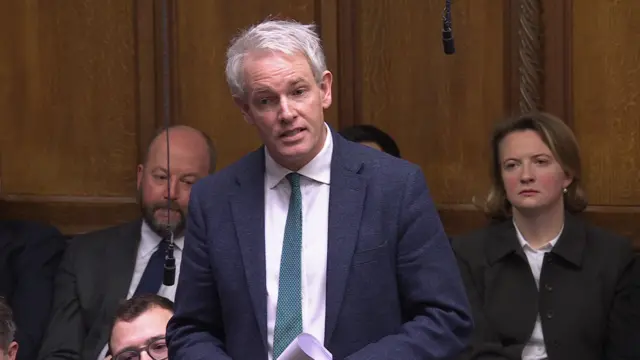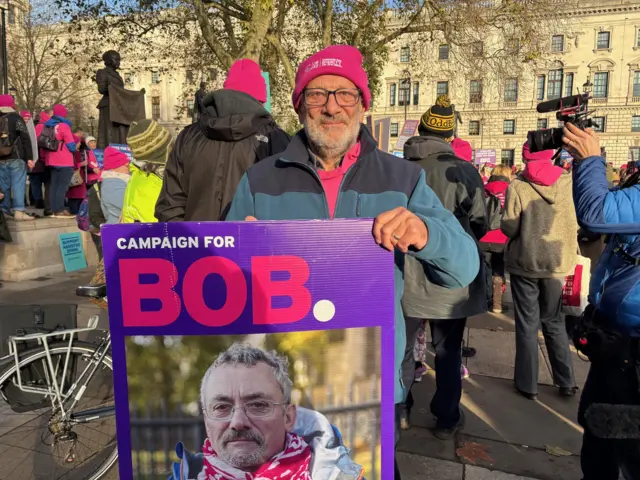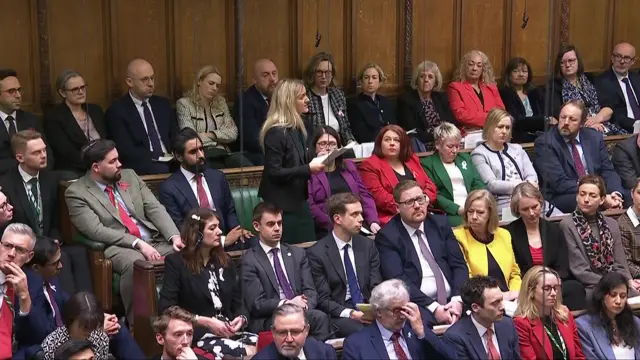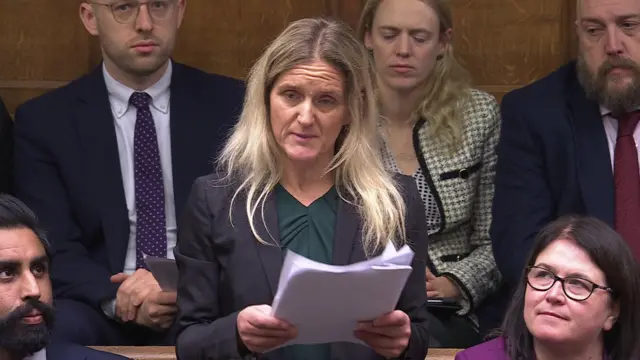Death is 'too precious to get this wrong', Labour MP sayspublished at 11:42 GMT 29 November 2024
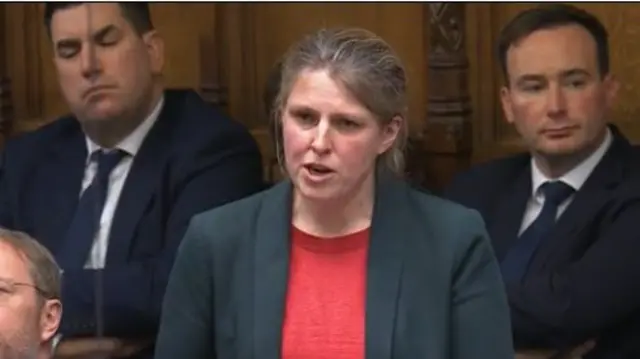 Image source, UK Parliament
Image source, UK ParliamentThe focus should be on getting palliative care right, argues Rachael Maskell, the Labour MP who is addressing the Commons now.
She says funding for palliative care has regressed and hospices are paring back services, which she argues needs to be fixed before we start discussing the proposed assisted dying law.
"We can't do both, there's simply not the capacity," she adds.
She is briefly interrupted by Conservative MP Roger Gale, who voices his agreement with Maskell, and adds that palliative care for children is also needed.
Maskell then goes on to talk about coercion, which she says is her biggest concern with the bill.
"In dying, where there is malign intent, this bill fails to safeguard," she says, adding that people not wanting to be a burden is one of the major drivers for people choosing assisted death.
She ends by arguing that public polling "overwhelmingly" shows the public expect their MPs to vote against the bill if they are in any doubt.
"We can focus on optimising palliative and end-of-life medicine to then bring consensus and discern what further steps need taking. For death, as with life, is too precious to get this wrong," she concludes.


